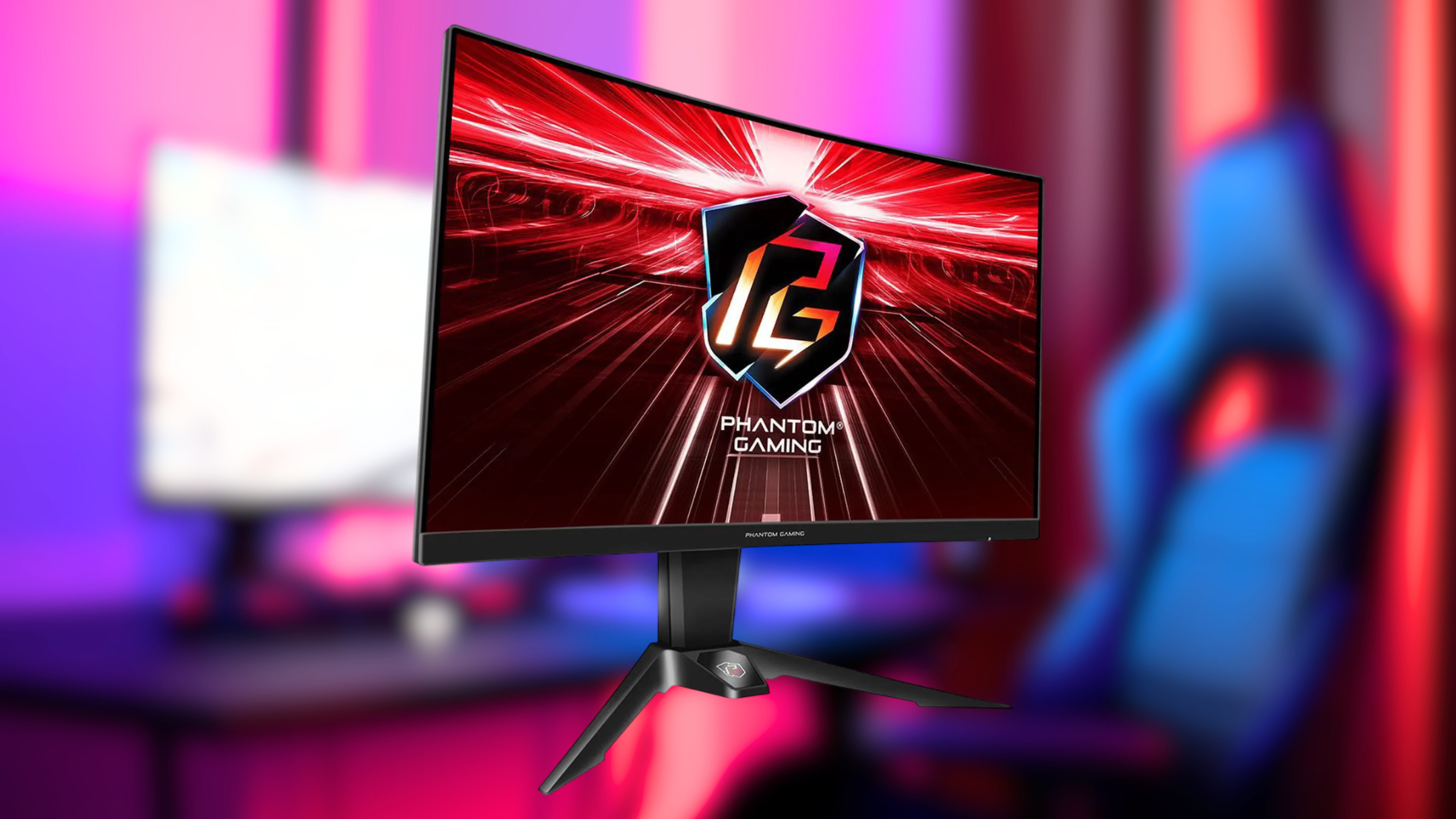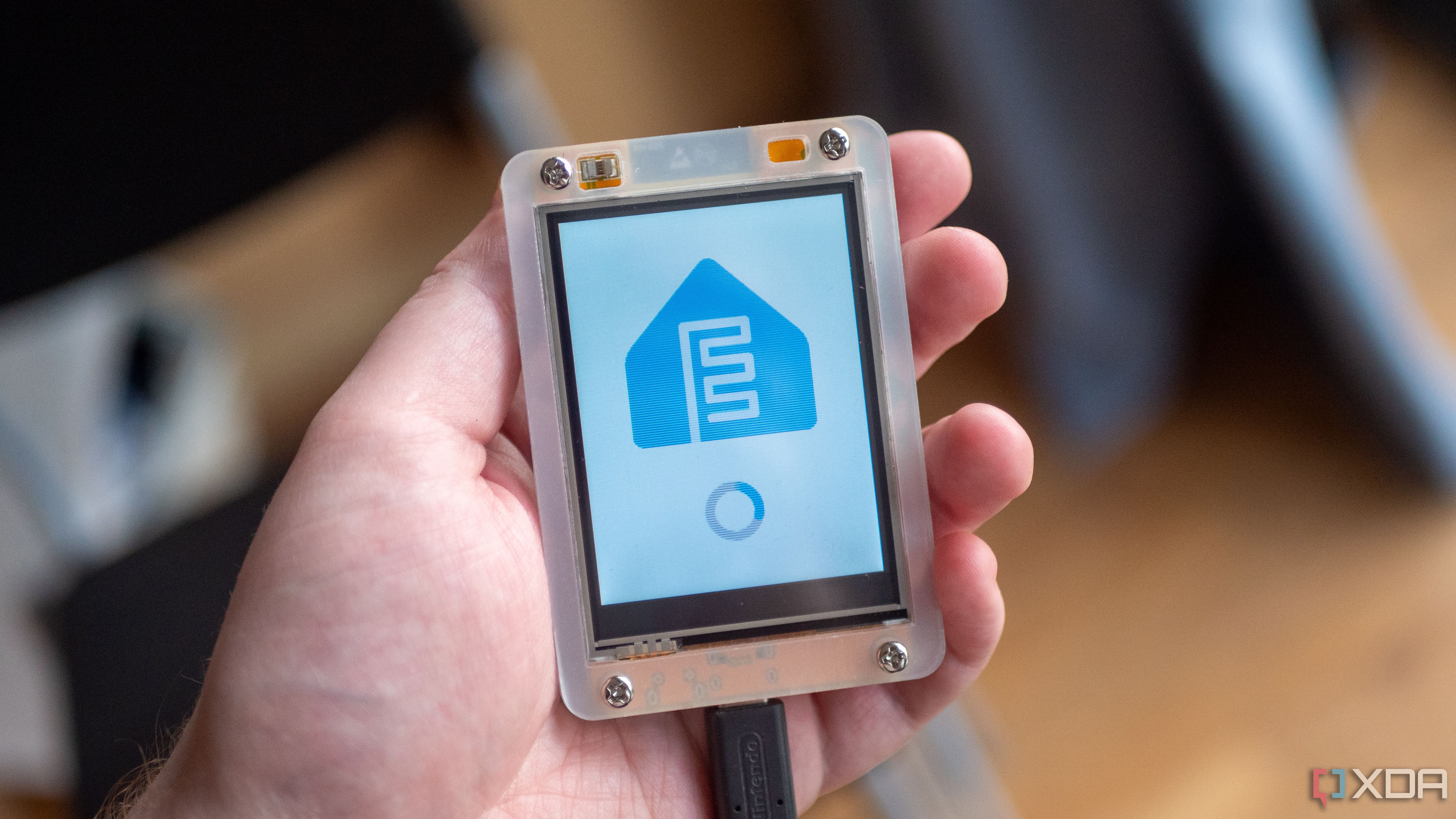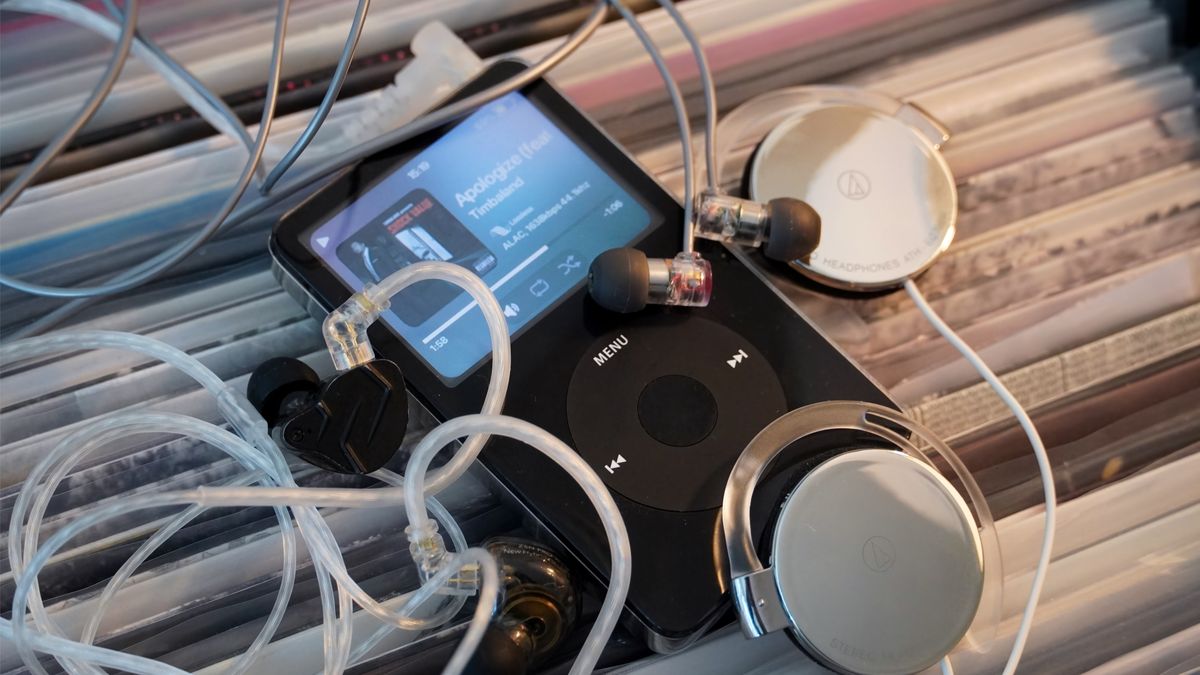
Samsung's newest lineup of smartwatches might include new health features that optimize your sleep time or assess your carotenoid levels, but the tech giant's most interesting health update announced at Wednesday's Unpacked event had absolutely nothing to do with the hardware or software associated with its smartwatch lineup.
The announcement that Samsung acquired digital health platform Xealth came quickly in between other announcements, but it paints a clear picture of how wearable health tech, like Samsung's Galaxy Watch or Galaxy Ring, will be used in the years to come.
Xealth is a platform that connects over 500 hospitals across the country with 70 digital health centers. So, what business does Samsung, a technology brand, have buying it? The acquisition hints at a new dawn of digital healthcare, infused with wearable technology and marked by continuous tracking in the name of preventative care.
Also: Finally, a smart ring that rivals my Oura 4 but doesn't have subscription fees (and it's on sale)
Earlier this year, Samsung's VP of Digital Health, Praveen Raja, outlined the company's mission for its health technology.
"Our vision is to develop a comprehensive system that supports you through every stage of your health journey," said Raja. "From measuring your current health to giving you personalized health insights and coaching, and connecting you with providers and caregivers." This acquisition gets Samsung closer to its goals of connected healthcare.
When I've spoken with wearable health product developers or vice presidents, they tell me stories of their Oura Rings, Apple Watches, or other trackers spotting conditions, illnesses, or strain before they feel sick. This is a miraculous use case of wearable health tech and AI -- to know through observing a user's personal baseline when they're getting sick. Your smart ring or smartwatch might see that your resting heart rate is a few beats per minute above your baseline or that your body temperature is just a little higher than normal, and it will tell you to rest.
Oura VP Shyamal Patel told me a story last year about how his resting heart rate was 10 bpm above his baseline, so he called his doctor to check in. The doctor responded that his resting heart rate seemed healthy for his age and there was nothing to worry about, but a few days later, Patel had to undergo emergency dental surgery.
I include this example to illustrate wearable health technology's front row seat to a person's health and wellness. Continuous data capture paired with advanced algorithms has the potential to spot illnesses or conditions that largely go underdiagnosed at the doctor's office. This is not to say that a smartwatch should replace your general practitioner, but what we're seeing through these acquisitions is that major tech brands are betting big on wearable technology's burgeoning role in the healthcare space.
"Often, customer health data measured on wellness tools, which keep track of one's wellness journey every day, and clinical records at hospitals are managed separately, leading to missed insights and delayed care," the press release announcing the acquisition said. What if your healthcare facility not only captured your health data during your doctor's visit, but also on a random Tuesday morning while you're drinking your first cup of coffee during the day or a Friday night out with friends?
Also: 4 health trackers I'd recommend to anyone (and why they make such a big difference)
A similar partnership was announced earlier this year with Oura and Essence healthcare. Essence members interested in participating in the program receive free Oura Rings whose data aggregation can then be used and reviewed during doctor visits.
Essence, like Xealth, is a value-based care program. Value-based healthcare structures are different from fee-for-service care, a more common type of healthcare compensation structure in the United States. In fee-for-service care, a healthcare facility gets compensated for every medical service provided, creating a monetary incentive to keep people sick or aid conditions with quick fixes. A value-based care system, on the other hand, rewards providers for healthier populations.
"With Samsung Health, you can understand your body with daily check-ins. This is especially important because that once-a-year checkup may not be representative of your comprehensive health," Samsung's John Englehardt said during his Galaxy Watch8 presentation.
Also: US government wants health trackers for all? What it means for your health, privacy, and wallet
It's no coincidence these collaborations between healthcare and technology brands are taking shape amid a presidential administration with aims of privatizing public healthcare. Just a few weeks ago, US Health Secretary Robert F. Kennedy Jr. announced plans for the health agency to create "one of the biggest advertising campaigns" in the HHS history encouraging Americans to use wearables for health-tracking purposes.
This shift could also bring about serious privacy concerns. Medical data is deeply personal, confidential, and valuable, and it poses a risk of getting into the wrong hands or sold to third parties, like insurance companies that could use the data to inform who does or doesn't get insurance.
Nevertheless, there is a not-so-distant future where patients are not only getting their vitals recorded at the doctor's office, but also having their heart rate, exercise, sleep, and stress data observed by a physician or digital care facility around the clock, and partnerships and acquisitions like Samsung and Xealth or Oura and Essence, are leading this charge.
Get the morning's top stories in your inbox each day with our Tech Today newsletter.
.png)
 7 hours ago
1
7 hours ago
1











 English (US) ·
English (US) ·